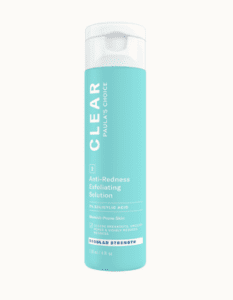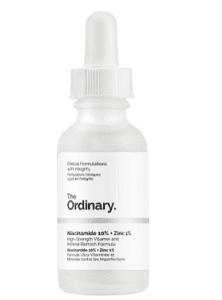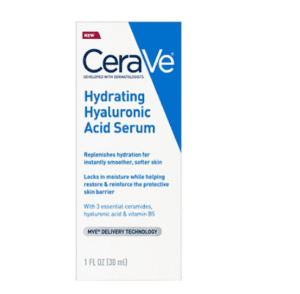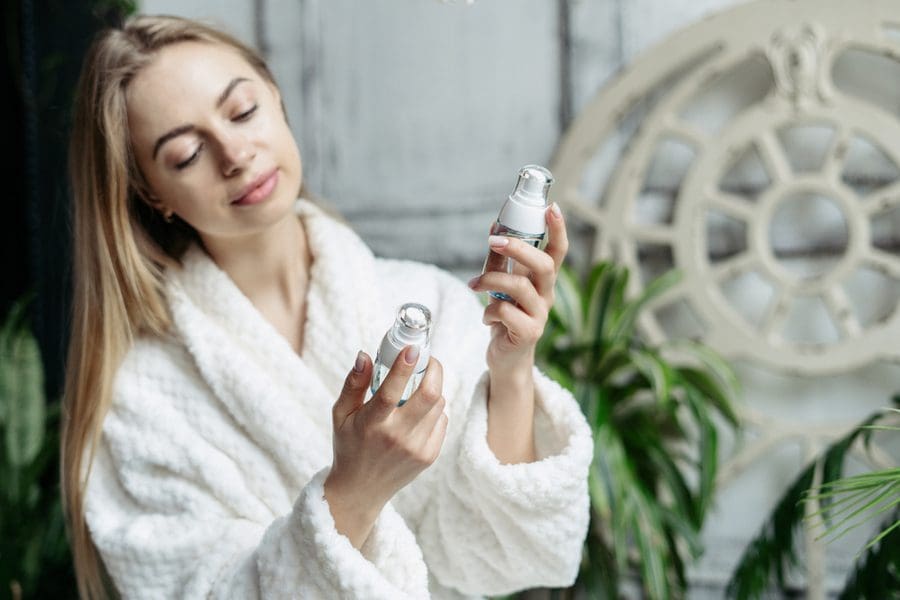Everyone has a different skin type, whether it be dry, oily, sensitive, or even acne-prone. This is why it’s so important to understand the ingredients in the products you’re using to make sure they are helping – and not hurting – your skin. Here, we’ll review three common skincare ingredients, how they work, and what skin types they work best for.
Salicylic Acid
One of the greatest acne-fighting ingredients around, salicylic acid is a chemical exfoliant that works by penetrating the pores to remove dirt and oil, preventing breakouts. While people tend to think of exfoliation as the physical process of rubbing or scrubbing to remove dead skin, salicylic acid achieves the same results without being so rough. Plus, it exfoliates the skin’s inner and outer layers, resulting in a more even skin texture and encouraging new skin cell growth. While salicylic acid is great for oily or acne-prone skin, it can cause dryness and irritation, especially for sensitive or dehydrated skin.
Our Pick: Paula’s Choice Anti-Redness Exfoliating Solution ($32, shop here)

Niacinamide
While not a new discovery, niacinamide could be described as “the new kid on the block.” This product has really taken off in popularity over the past year. Maybe because it works for most skin types? Or perhaps it’s because it is gentle on the skin yet powerful enough to produce noticeable results? A form of vitamin B3, niacinamide is known to improve skin texture and discoloration, as well as minimize the appearance of pores and blackheads. It is incredibly versatile and can be used in lotions, creams, serums, or even as an overnight spot treatment. Niacinamide has also been shown to reduce sebum (oil) production, making it an excellent choice for oily skin.
Our Pick: The Ordinary Niacinamide 10% + Zinc 1% ($5.90, shop here)

Hyaluronic Acid
Hyaluronic acid acts as a humectant, which means that it brings moisture into the skin by drawing it from the air. If you struggle with dry skin, this may be a great ingredient to add to your skincare regimen. Not only does it pull in moisture, but it also prevents water loss, keeping your skin plump, dewy, and healthy. Hyaluronic acid has also been shown to have anti-aging properties, helping reduce the appearance of fine lines, wrinkles, and other signs of aging and preventing further symptoms from developing.
Our Pick: CeraVe Hyaluronic Acid Serum ($19.99, shop here)

Final Thoughts
We always recommend speaking with your dermatologist to determine which skincare ingredients are best for your skin type. Also, with any new skincare product you use, it is always a good idea to patch test on a small area of skin. And, of course, never continue using a product if it causes irritation.
Share your experience using these skincare ingredients in the comments below!

